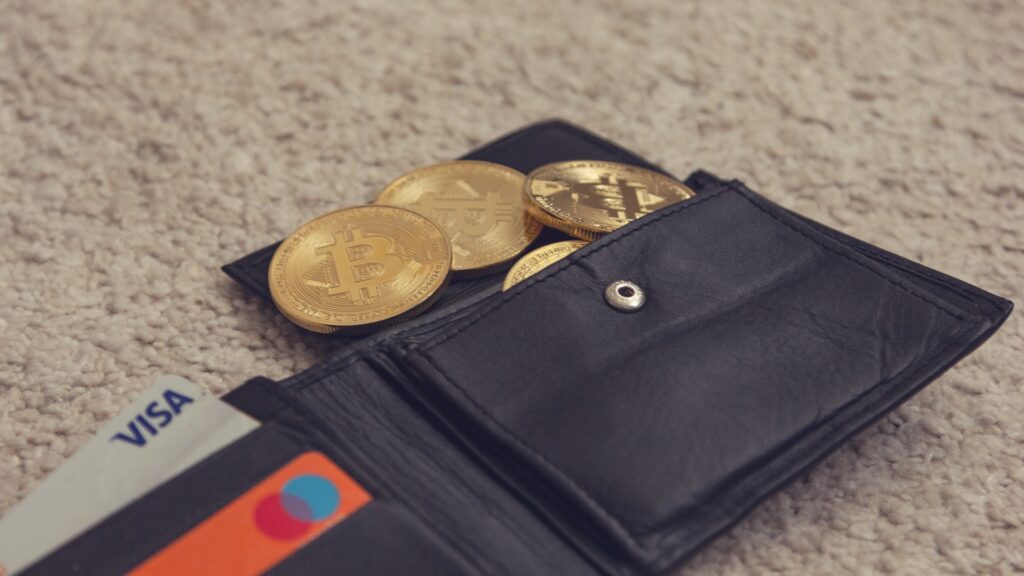Cryptocurrencies have gained immense popularity in recent years, with more people investing in digital assets like Bitcoin, Ethereum, and others. To store and manage these cryptocurrencies, individuals use digital wallets. However, as the value of these digital assets has risen, so has the interest of hackers. In this article, we will explore the question: can cryptocurrency wallets be hacked, and what can you do to safeguard your digital wealth?

Understanding Cryptocurrency Wallets
A cryptocurrency wallet is a digital tool that allows you to store, send, and receive cryptocurrencies. These wallets can take various forms:
-
Software Wallets: These are applications or software programs that you can install on your computer or mobile device. They come in various types, including desktop wallets and mobile wallets.
-
Hardware Wallets: Hardware wallets are physical devices that resemble USB drives and are designed specifically for cryptocurrency storage. They are known for their enhanced security.
-
Online Wallets: Online wallets, or web wallets, are cloud-based services that allow you to access your cryptocurrency from anywhere with an internet connection.
-
Paper Wallets: A paper wallet is a physical document containing a public address for receiving cryptocurrencies and a private key for accessing and managing them.
The Security of Cryptocurrency Wallets
Security is a top priority when it comes to cryptocurrency wallets. Several security measures and features are in place to protect your digital assets:
-
Private Keys: Your private key is like a password that grants access to your cryptocurrencies. It’s crucial to keep your private key secure and never share it with anyone.
-
Encryption: Many cryptocurrency wallets use strong encryption to protect your data, making it difficult for hackers to access your wallet.
-
Two-Factor Authentication (2FA): Enabling 2FA adds an extra layer of security, requiring you to provide a secondary form of verification when accessing your wallet.
-
Offline Storage: Hardware wallets, which store your cryptocurrencies offline, are considered highly secure because they are not susceptible to online attacks.
-
Backup and Recovery: Most wallets provide options to create backups and recovery phrases to ensure that you can regain access to your assets in case of loss or theft.
Is It Possible to Hack a Cryptocurrency Wallet?
The security of cryptocurrency wallets is generally robust, but the possibility of hacking does exist, and it’s crucial to understand the potential risks:
-
Phishing: Hackers may use phishing tactics, such as fake websites and emails, to trick individuals into revealing their private keys or other sensitive information.
-
Malware: Malicious software, like keyloggers and screen capture tools, can be used to steal private keys and other wallet information.
-
Social Engineering: Hackers may employ social engineering techniques to manipulate individuals into disclosing their wallet details.
-
Online Wallet Vulnerabilities: Online wallets can be vulnerable to hacking if their security is compromised, making it essential to choose reputable service providers.
-
Loss of Private Key: If you lose your private key without a backup, you may lose access to your cryptocurrencies permanently.
Protecting Your Cryptocurrency Wallet
To minimize the risk of your cryptocurrency wallet being hacked, consider the following security measures:
-
Private Key Protection: Safeguard your private key at all costs. Never share it with anyone, and avoid storing it on your computer or in easily accessible locations.
-
Regular Updates: Ensure your wallet software is up to date, as developers release updates to fix security vulnerabilities.
-
2FA Activation: Enable two-factor authentication whenever possible to add an extra layer of security.
-
Secure Devices: Use secure devices and keep them free from malware by using antivirus software and being cautious about the files you download.
-
Phishing Awareness: Be cautious of phishing attempts, and verify the authenticity of websites and emails before entering your wallet information.
-
Backup Your Wallet: Create backups and store them securely. This will allow you to recover your wallet in case of loss or theft.
-
Hardware Wallets: Consider using a hardware wallet for added security, especially if you hold significant amounts of cryptocurrency.
Conclusion
While the possibility of hacking a cryptocurrency wallet exists, the security measures in place make it highly challenging for attackers to access your digital assets. To protect your investments, it’s essential to take proactive steps, such as safeguarding your private key, enabling 2FA, and staying vigilant against phishing attempts and malware.
The world of cryptocurrencies offers exciting opportunities for investment, but it also comes with risks. By following best practices for security and staying informed about potential threats, you can enjoy the benefits of cryptocurrency ownership while safeguarding your digital wealth.